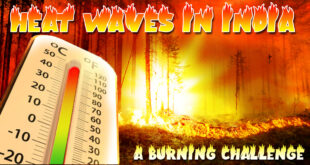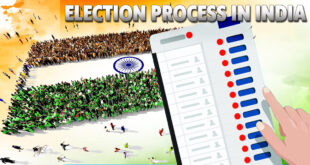Friedrich Nietzsche prophesised with remarkable accuracy that the 20th century would be marked by great wars fought in the name of philosophical ideas. But what Nietzsche could not have anticipated was that towards the end of the 20th century there would be a revolution in the name of god, establishing a Shi’ite theocracy. The Iranian revolution of 1978-1979 ( picture ) was a momentous development in the modern history of Islam. And it had a huge impact on all movements across the globe, especially those that were using Islamic frames of reference for political activism. Some, like the French thinker Michel Foucault, enthusiastically declared the Iranian revolution as the spirit of a world without spirit. Foucault wrote: “One bears on Iran and its peculiar destiny. At the dawn of history, Persia invented the state and conferred its models on Islam. Its administrators staffed the caliphate. But from this same Islam, it derived a religion that gave to its people infinite resources to resist state power. In this will for an ‘Islamic government’, should one see a reconciliation, a contradiction, or the threshold of something new?” Following Foucault, we can say that from the very beginning, the Iranian Revolution remained a significant social and political transformation full of paradoxes and unpredictable twists. Despite total Islamisation and the reign of terror unleashed on political groups, there were advancements of Iranian civil society due to demographic changes, the rise of literacy and the magic fluidity of Iranian society. The insertion of cultural politics into the everyday lives of young Iranians in the name of Islamic purity created the reverse attitude and a sentiment of confrontation with the Islamic regime. Looking at Iran today, one can say that the ‘growing generational gap between the Islamic state and the Iranian youth, particularly young women, has never been wider. The question to ask would be: if the participants in the Iranian revolution wanted more than anything to be seen and to be heard, why, then, did the revolution degenerate into such violence and tyranny which still plague Iran? Why did people power collapse in on itself, engendering repression, stifling thought and action’? These questions remain unanswered, but if one thing is certain, it is that Iran is going towards a political change. This political change is not going to be an easy and a quick one, but it will happen with the same certainty that the revolution happened. Ramin Jahanbegloo is Director, Mahatma Gandhi Centre for Peace, Jindal Global University, Sonipat
Check Also
The Transplantation of Human Organs and Tissues Act (THOTA)
Concept The Transplantation of Human Organs and Tissues Act (THOTA) was enacted in India in …
 Chinmaya IAS Academy – Current Affairs Chinmaya IAS Academy – Current Affairs
Chinmaya IAS Academy – Current Affairs Chinmaya IAS Academy – Current Affairs



